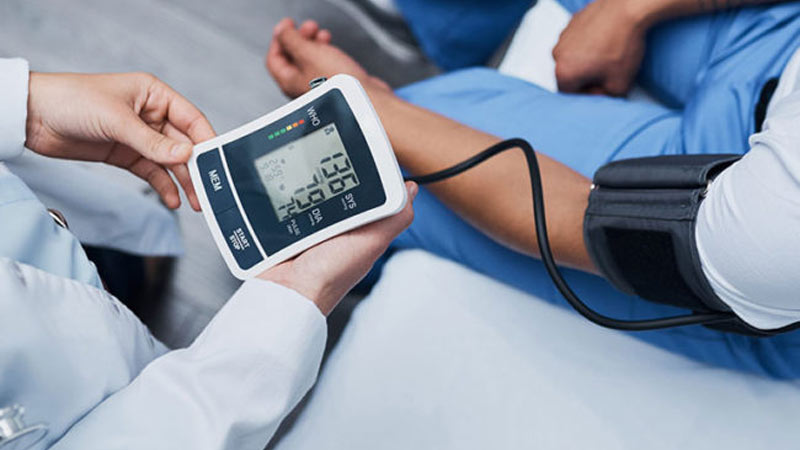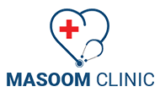HIGH BLOOD PRESSURE

HIGH BLOOD PRESSURE
Primary care service
Services available:
Proper diagnosis, medical treatment, Medication education, Disease Education, Referral as needed, home physical therapy education
F.A.Q.
Blood pressure is the measurement of the pressure of blood on the arteries.
Blood pressure is measured with two factors: systolic (when the heart contracts) and diastolic (when the heart is filling). When your doctor tells you your blood pressure, they will say “number over number”. The first number is systolic, the second is diastolic. You may see the symbol “mmHg” or “mm Hg” next to your blood pressure reading. This stands for a millimeter of mercury and it is the unit with which blood pressure is measured.
This is a tough question. Many factors go into determining whether or not a person’s blood pressure level is considered to be safe. Age, family health history, race, and even gender. These risk factors are out of our control and are taken into account when determining what a safe blood pressure level is for an individual. Most doctors will say that a healthy blood pressure level is for the systolic number to be under 120 and the diastolic number to be below 80.
Patients with hypertension do not usually present any symptoms, even with very high blood pressure values. They do not normally need immediate medical attention and therefore do not have to visit emergency services, except in extreme cases where the blood pressure reaches values of 200/120 mmHg and is accompanied by severe cardiovascular problems (pulmonary oedema, heart attack, stroke, etc.). However, patients should request an appointment with their primary care doctor to outline a study and establish the appropriate treatment and follow-up.
Primary (essential) hypertension cannot be cured. It is a lifelong condition that can be controlled by following a healthy lifestyle and taking the prescribed medicine. Only high blood pressure due to another medical condition (secondary hypertension) can be cured, but not always, if the underlying disease is resolved.
Individuals with one hypertensive parent have a 25% chance of developing hypertension. This probability increases to 50% if both parents have hypertension.
There are many ways to keep your blood pressure low in your day to day life. Please consult your doctor before making any drastic changes to your lifestyle.
Here are some modifiable factors that can contribute to high blood pressure:
- Smoking
- Being Overweight or Obese
- High Sodium Intake
- Low Potassium Intake
- Sedentary Lifestyle
- High Alcohol Consumption
- Stress
- High Cholesterol
- Diabetes
There are also certain medications that may impact your blood pressure. Ask your doctor if you are at risk of experiencing any changes to your blood pressure with the addition of medications.
By controlling weight, taking part in physical exercise and avoiding a high-salt diet from childhood.
Source:
https://theheartfoundation.org
